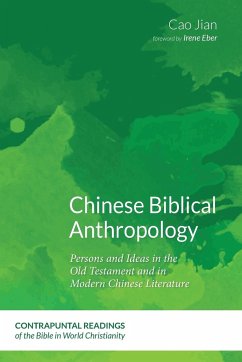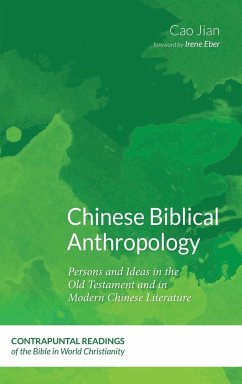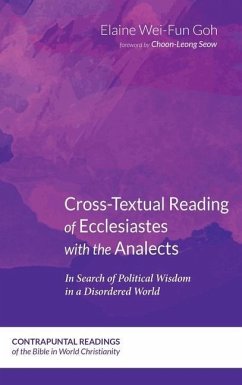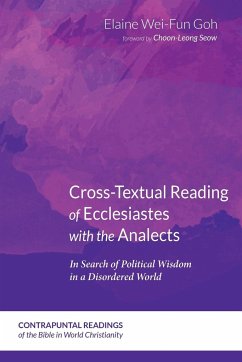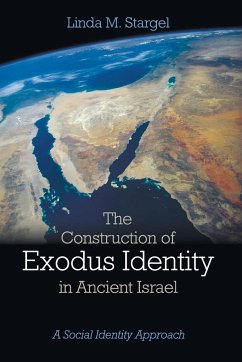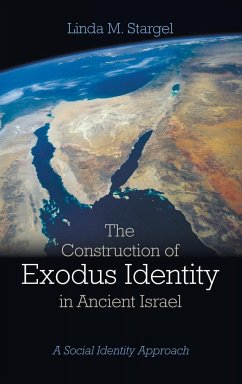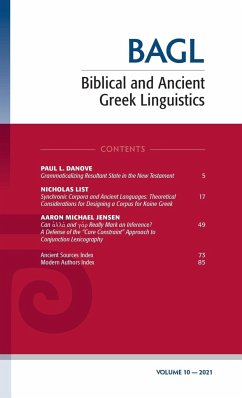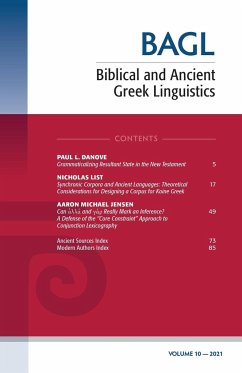In this study that is largely intellectual history, Cao Jian observes how Old Testament motifs were introduced by Protestant missionaries and Bible translators, with the help of Chinese co-workers in the beginning, and how those motifs drew attention from local converts and led to discussions among them in light of the norms in Confucianism. Then, Cao demonstrates how Confucian reformists started reacting to missionary publications and showing interest in Old Testament motifs. After the defeat of China in 1894-1895 in the Sino-Japanese War, the response to the Old Testament became more active and influential among China's population. The author shows new interests and tendencies in Old Testament interpretation among educated Chinese with various political ideals at a time of national crisis. He also demonstrates how the vernacular movement in Bible translating and missionary Old Testament education popularized and modernized Old Testament reading and studies in Chinese society. After that transitional period, discussions of Old Testament motifs became even more abundant and diverse. The author concentrates on those regarding the notion of God and monotheism. In China's nationalism, the Old Testament proved no less stimulating. The author deals with Moses and the prophets to understand how they became valid to those active in both religious and secular realms.
Hinweis: Dieser Artikel kann nur an eine deutsche Lieferadresse ausgeliefert werden.
Hinweis: Dieser Artikel kann nur an eine deutsche Lieferadresse ausgeliefert werden.

